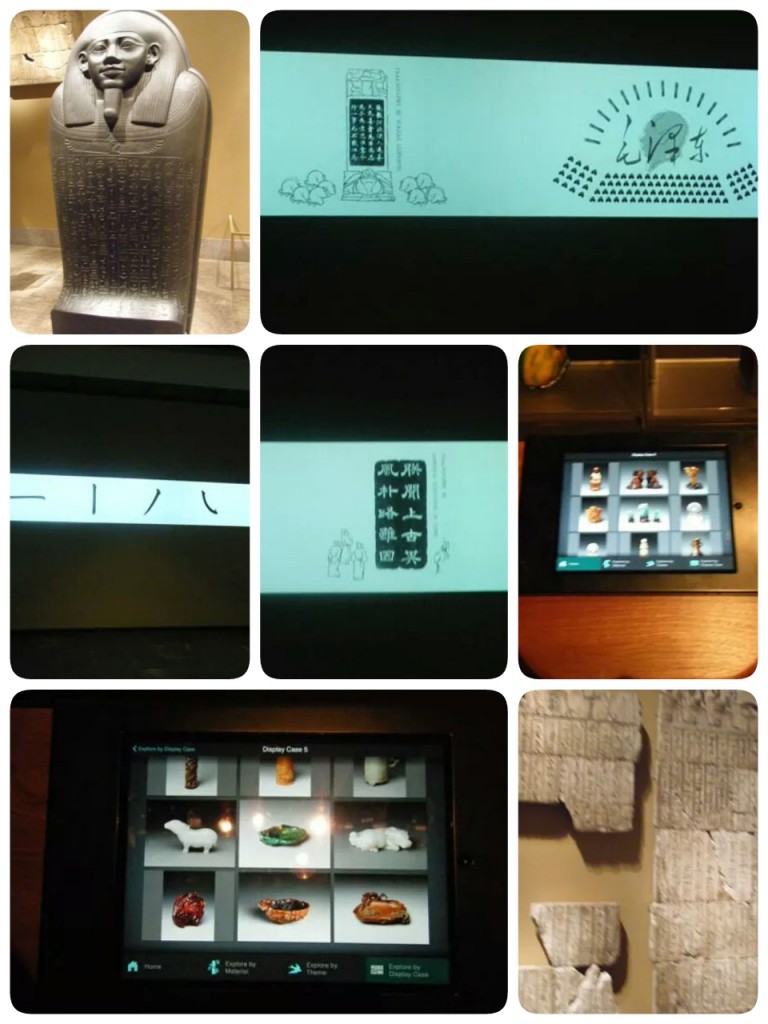Actually, I am not a big fan of technology. First, I had a hard time to understand computer languages such as HTML, JAVA etc because those texts or languages looked like codes from the movie Matrix for me. I guess I wasn’t enough to be motivated to study computer field. Second, I don’t trust the Internet resources. I still rely more on primary resources or books. However, it is not necessary to resist using technologies. To tell the truth, the society rapidly changes and evolves. If I still avoid learning to utilize digitized tools, I will get far behind. In the end, I will be an extremely narrow-scoped person. I saw many people use digitized technologies to learn and work productively. I realized that I also need to know how to use digital technologies. I guess DH coursework will help me understanding digital languages and synthesizing technology and academia.
Professor Gold asked us to define digital humanities in one sentence on the first day of class. I think DH is a mixture of technology and academia that will lead our life styles. I agree with Professor Brier’s idea that DH is a blended theory and practice. At first, I thought that I was not close to the digitized technology, but the technology is fully embedded in my life. According to professor’s work, DH incorporate a broad range of data throughout the scholastic world. DH contributed to preserve and visualize written information. It led “scholarly communication in networked environment.” For instance, Archaeology faculty focus on reconstructing and preserving records by software programs. In this respect, Archaeology epitomizes what DH aim to do.
In the end, DH transform from paper to digital recording, it is still recording. Educational institution need to introduce DH to many students and make it more accessible to many people. In the long term, the knowledge and skill from DH will be useful in working industry as well. Most of firms require to interpret and synthesize data in digitized forms.



Nice photo collage! Is that Pixler app?
Your photos demonstrate really well the range of media–including digital media– on which people have recorded data throughout time. Digital methods also have their own particular pros and cons, though. One pro is that ebooks and databases are more searchable, which is very useful when you know what you are looking for. However, I also wonder if historical particularities can get lost in searching databases when one does not know what one is looking for. For instance, if I was looking for instances of “empathy” in Victorian periodical databases, but I didn’t know that they called it “sympathy” back then, I might not find what I was looking for.